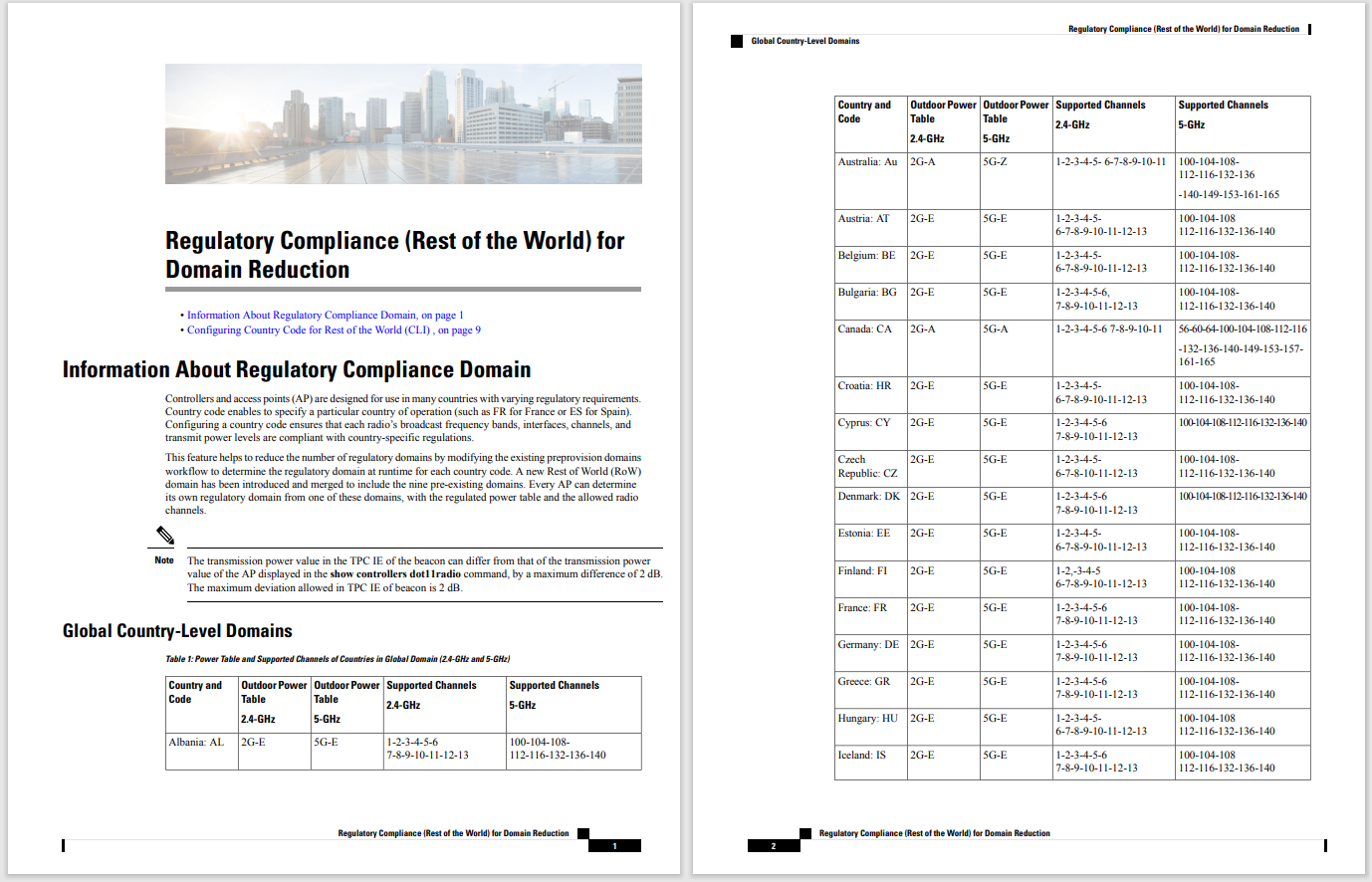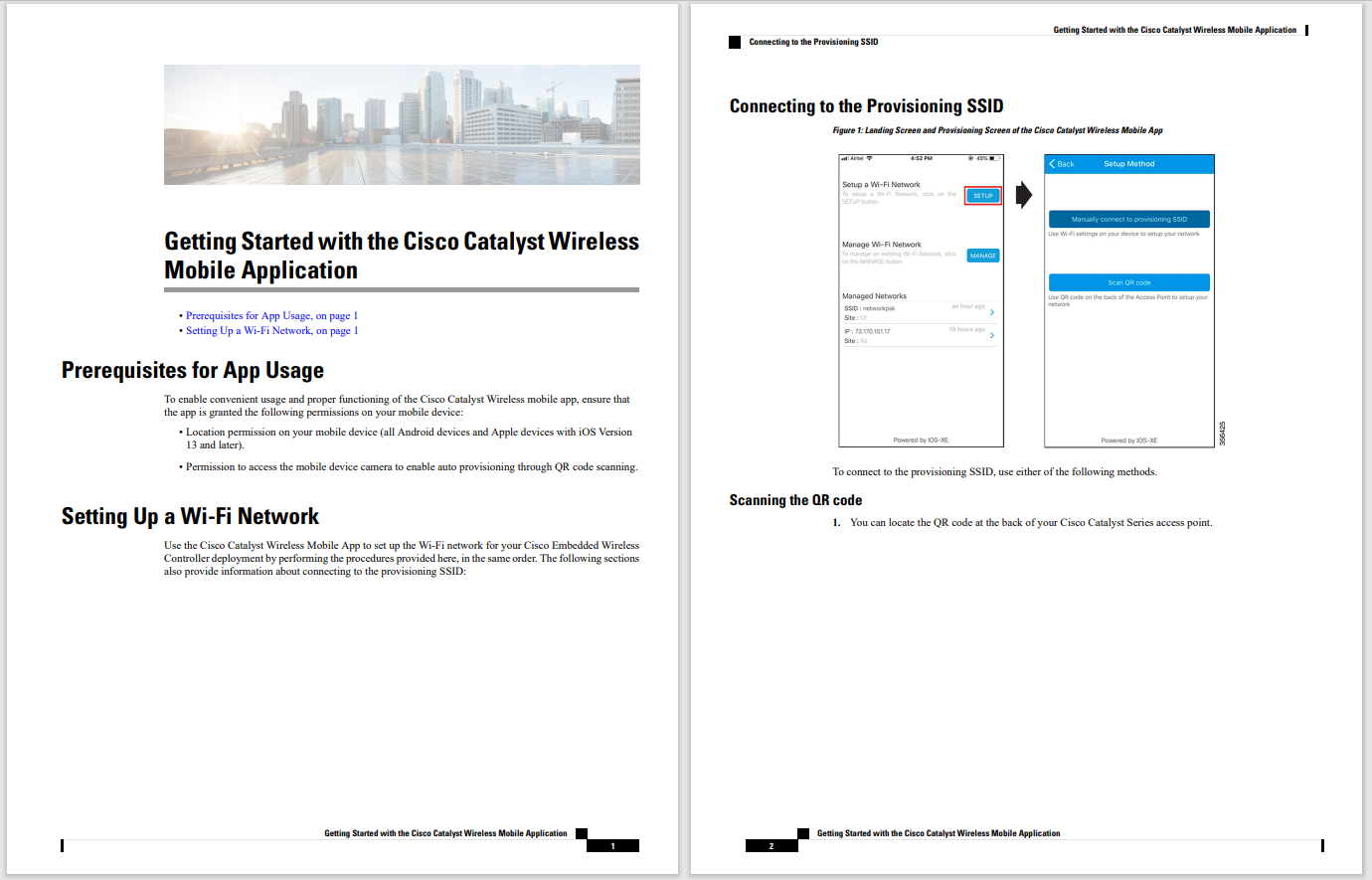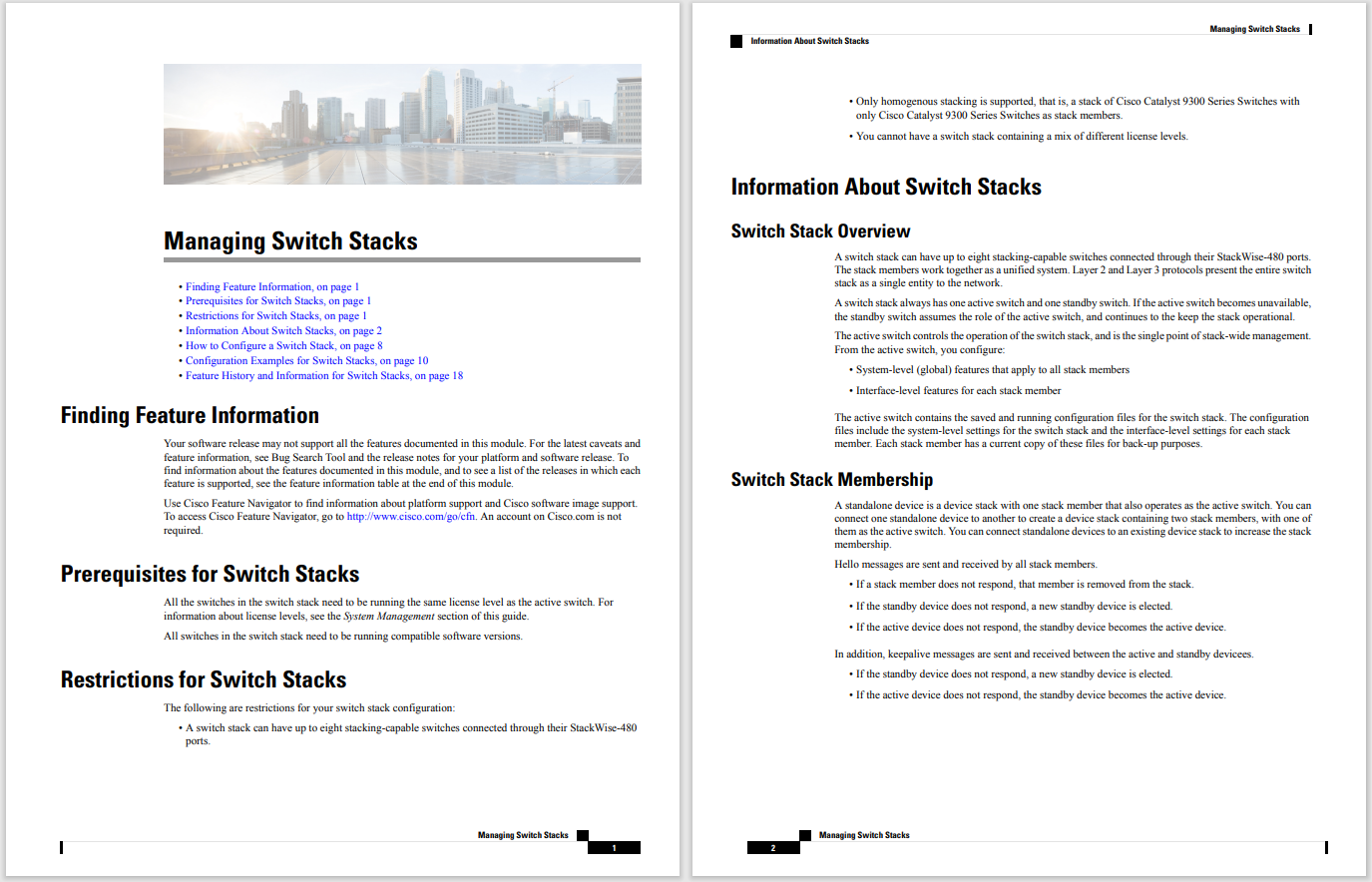
































Japanese Prime Minister Fumio Kishida introduced an international framework for the regulation and use of generative AI (GenAI), joining the global race to govern the technology. Kishida unveiled the proposal in Paris during a speech at the Organisation for Economic Cooperation and Development (OECD). He stated that 'generative AI has the potential to be a vital tool to further enrich the world,' however, 'one cannot shed light only on the bright side of generative AI,' and 'we must also confront the dark side of AI, such as the risk of disinformation.'
The framework aims to address the risks associated with GenAI and ensure its safe, secure, and trustworthy deployment all over the world, so it can benefit all. It is part of a wider effort to build global governance to harness the enormous potential but also address essential threats like disinformation through effective regulation.
The announcement confirms Japan's leadership role in developing international principles and guidelines to achieve trustworthy AI. Last year, as chair of the Group of Seven (G7) nations, Japan initiated the Hiroshima AI Process. According to PM Kishima, the voluntary framework, renamed the 'Hiroshima AI Process Friends Group', has since been endorsed by 49 nations and regions. They will collaborate to create principles and a code of conduct to address the threats of generative AI and jointly promote the safe and secure use of AI globally.
The EU, the US, China, the African Union, and several other countries and regions have been actively working on crafting AI principles, strategies, regulations, and governance frameworks. International organizations, including OECD, UNESCO, and the United Nations, are also involved in the technology's ethics and governance debate.
Kishida's announcement marks a significant step forward in the global push to develop AI governance. It outlines how governments should collaborate to address the challenges created by GenAI, and steer its responsible development and deployment. It also demonstrates Japan's commitment to lead in this field, as well as its willingness to coordinate joint efforts with other countries and international organizations to meet the current and future challenges posed by generative AI.
 Tags chauds:
Intelligence artificielle
Tags chauds:
Intelligence artificielle